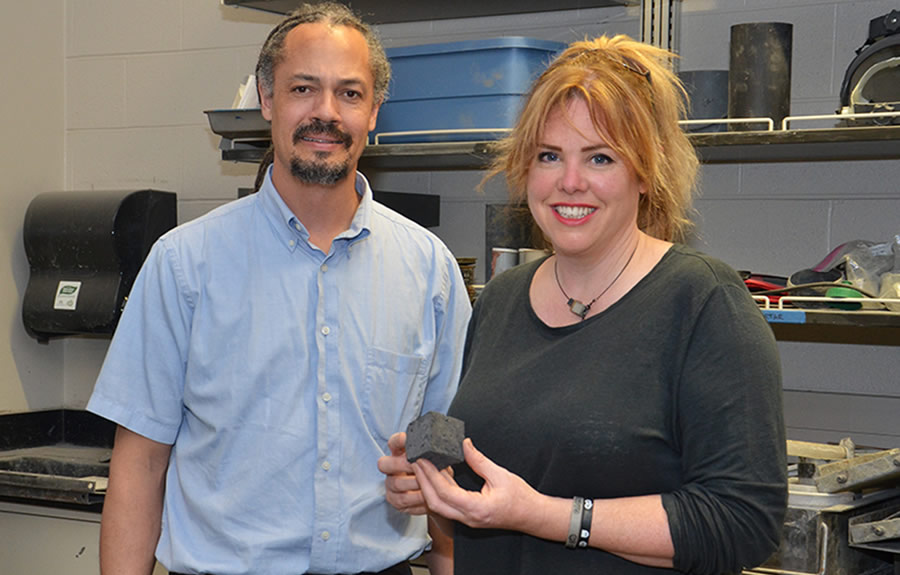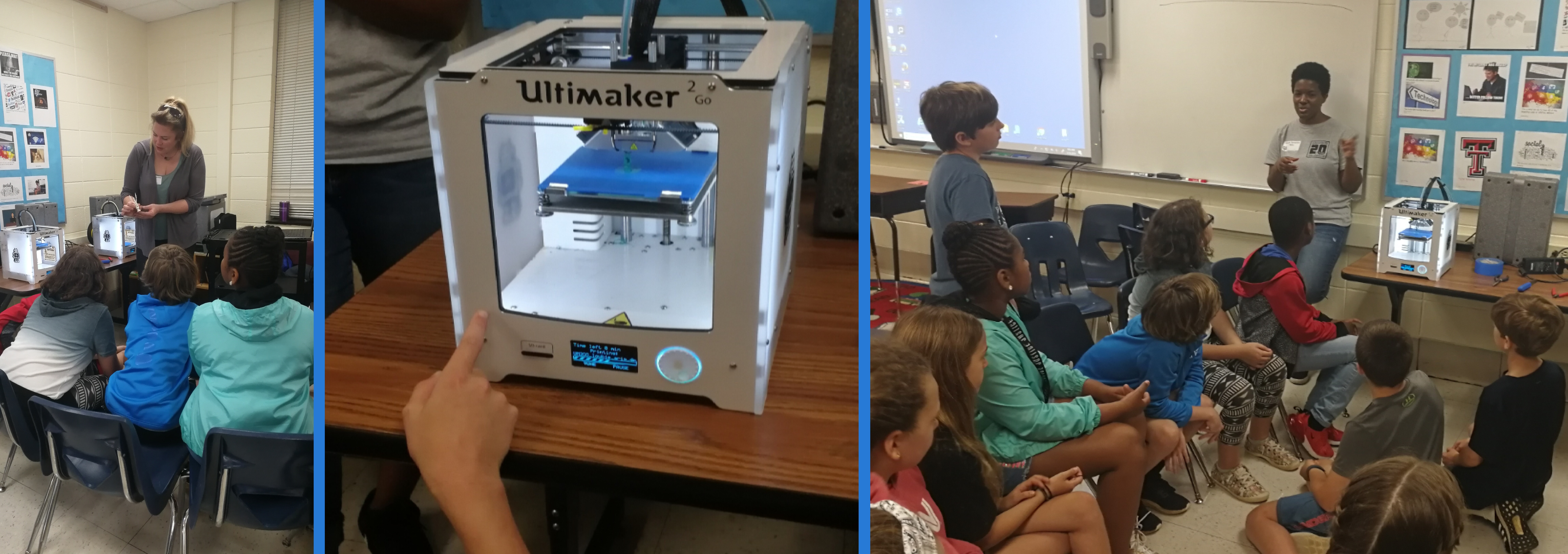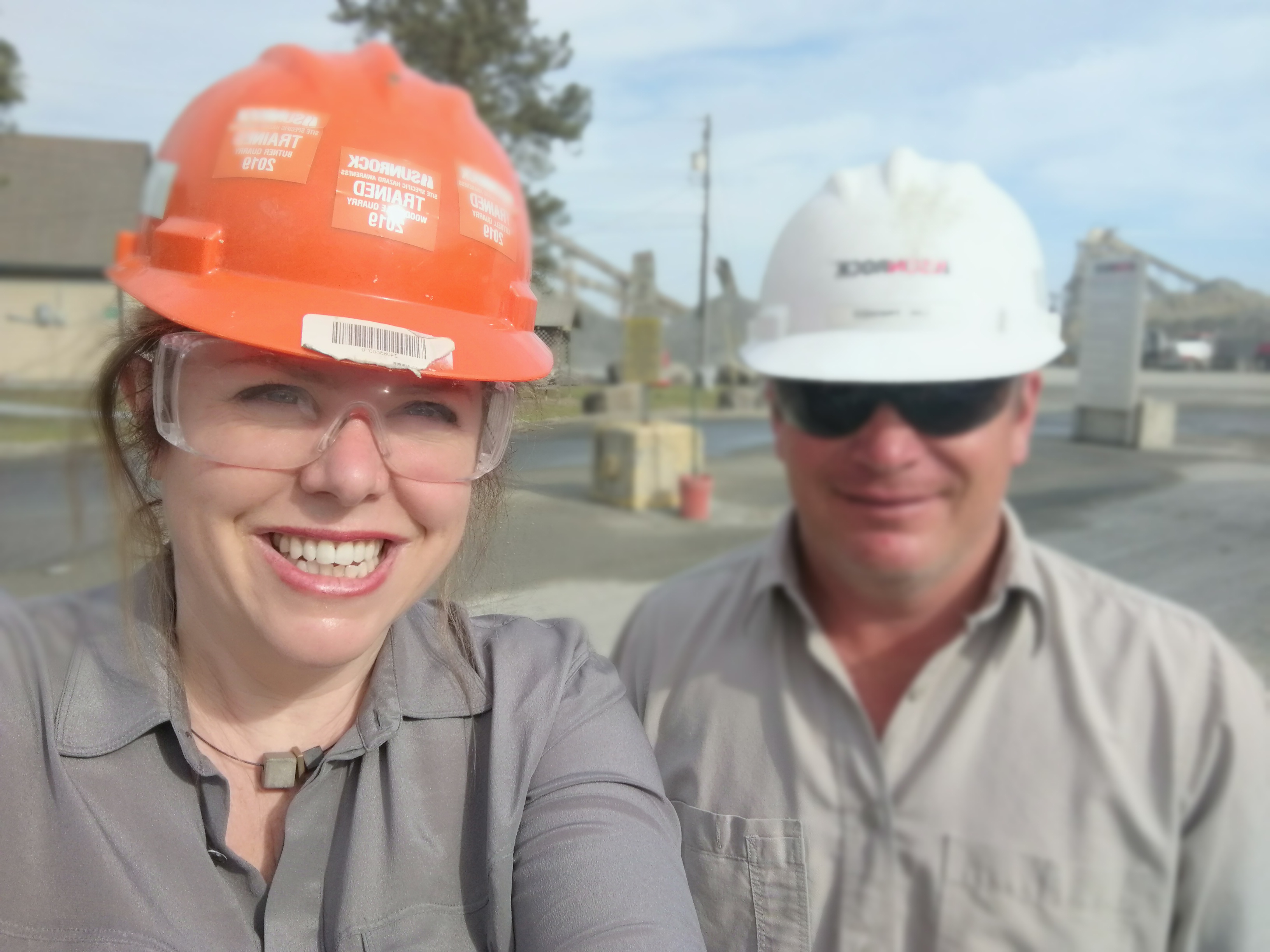Roisín Hyde
Roisín Hyde is a Doctoral Research Student at Queens University Belfast School of Natural & Built Environment and a Chartered Member of the RIAI. Her current research focuses on the development of a high-performance, low-impact, cement-free geopolymer concrete cladding panel through the use of innovative automated technologies including 3D Laser Scanning, Point Cloud Modelling and 3D Printing. As a FulbrighEPA Awardee to UNCC, she worked with Researchers in the Schools of Architecture, Civil and Environmental Engineering to produce a full-scale prototype panel using local industrial by-product and waste materials.

What does your research / work do for citizens?
“The primary objective of my research is to use the latest advances in chemistry, physics and digital technology to develop the next generation of high-performance, low-impact construction materials. From our understanding of how a materials molecular nanostructures can predict its physical and chemical properties, we are able to develop materials, which are stronger, more durable and more sustainable than conventional materials. The focus of my research is to develop lightweight, ultra-high-performance (UHP) geopolymer concrete cladding panels for freeform building envelopes. I do this using a range of cutting edge technologies such as Lidar, Point Cloud Modelling and 3D Printing. The novel UHP geopolymer concrete I have developed is made using 96% industrial by-product and waste materials producing 75% less CO2 than conventional concrete. These panels can be used to create modern, sustainable architecture for future generations while protecting our planets resources and reducing carbon emissions. As a secondary objective, I have delivered a series of workshops and symposia to children and adults to demonstrate how the tools being developed as part of our 4th industrial revolution can be used to develop high-performance, low-impact architecture and infrastructure as part of a circular economy model.”
What problem are you trying to solve?
“To produce ultra-high-performance construction materials using industrial by-product and waste materials to protect our planets finite natural resources and reduce carbon emissions.”
Where did you go on your Fulbright Award and why?
“I went to the University of North Carolina in Charlotte (UNCC) to work with Prof. Brett Tempest, an Engineer who created the world’s first geopolymer concrete sandwich cladding panel as part of UNCC’s award winning Solar Decathalon project. My PhD Research to develop a thin, lightweight, geopolymer concrete panel was a natural progression for Prof. Tempet from his panel, and with his experience, he was able to help me transition from smaller stage laboratory tests to the development of larger scale panels.”

What were the chief learnings from you Fulbright Award? What are you able to do better now?
“In addition to the technical and scientific knowledge I acquired from Prof. Tempest in relation to the production of large scale geopolymer concrete panels, I was also extremely fortunate to audit a nano-material characterisation graduate course by Prof. Haitao Zhang in the school of M+E Engineering and be provided with training on a range of equipment including laser cutters, CNC router mills and silicone rubber molding in the fantastic Storr’s Fab Lab, with the Director Alex Cabral and Professor of Architecture, Rachel Dickey. Professor of Geology John Diemer and Laboratory Manager Jonathan Watkins also kindly provided me with training on their XRD, XRF, Laser Particle Distribution Analyser and Magnetic Separation equipment in order to prepare and analyse the industrial by-product and waste materials with which I was producing my concrete. Prof. Mary-Lou Maher, Chair of Software and Information Systems also arranged for me to collaborate with Prof. David Wilson to deliver a Lidar and 3D print workshop to Charlotte Elementary Students. The two presentations I gave to the American Concrete Institute and American Society of Civil Engineers Conferences also gave me a great insight to the similarities and differences between American and European Research and Practice. From my collaboration and site visits to local industry partners such as Martin Marietta, Sunrock, Gerdau Steel, Lehigh Hanson and West Virginia Alloys I learned a lot about the American Concrete, Metal and Quarrying industry.”
As well as the research skills I acquired, with all of the amazing opportunities available in the US I also gained a lot of experience in soft skills areas such as networking, social media strategising, resources and time-management.
Have you had a chance to engage with your Award sponsor?
”In addition to part funding my Fulbright, the EPA were so generous as to provide support for a Symposium I organised for Academics, Industry and Policy Makers in the area of Sustainable Construction Materials, which was attended by over 125 people.”
What have been the highlights of your Fulbright experience so far?
“Having the opportunity to work with a group of academics and industry partners engaged in similar research activities and to learn how the history and culture shape their practice and in which ways this can be applied to my own work.
The opportunity to travel to Los Angeles, Quebec, Wilmington, Boston, New York and Washington for conferences, symposia, site visits and meetings was an amazing experience from which I benefited hugely in terms of my development as an academic, researcher and global citizen. I realised how easy it is with modern technologies to collaborate with researchers across the globe and am pursuing a number of potential future collaborations. I was also struck by the incredible beauty of the landscape and abundance of wildlife from personal trips we took to the Blue Ridge Mountains, Outer Banks and Coachella Oasis where we saw bears, wild horses, eagles, snakes, scorpions, turtles, otters and whales.
I also benefited as much as he did from my son’s experience as a 5th grade elementary student and Dilworth Dragon! His school Dilworth Elementary had just been amalgamated with underperforming local school with a majority of students from low-income and immigrant backgrounds. Thanks to the amazing work of the Staff and Parents from the two Schools under the guidance of Principal Terry Halls, they succeeded in integrating the student bodies, managing behavioural issues, raising the overall academic performance and creating a wonderful, happy and joyous education for their students. It was a real education and privilege to have the opportunity to learn first-hand about how a culture with strong values in the areas of volunteerism, integration and service can address the challenges of modern education.”
The application period for 2020-2021 Irish Awards is open from 28 August – 31 October 2019, visit our Awards page to apply!

fptbty
